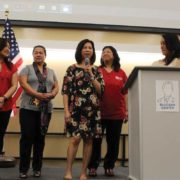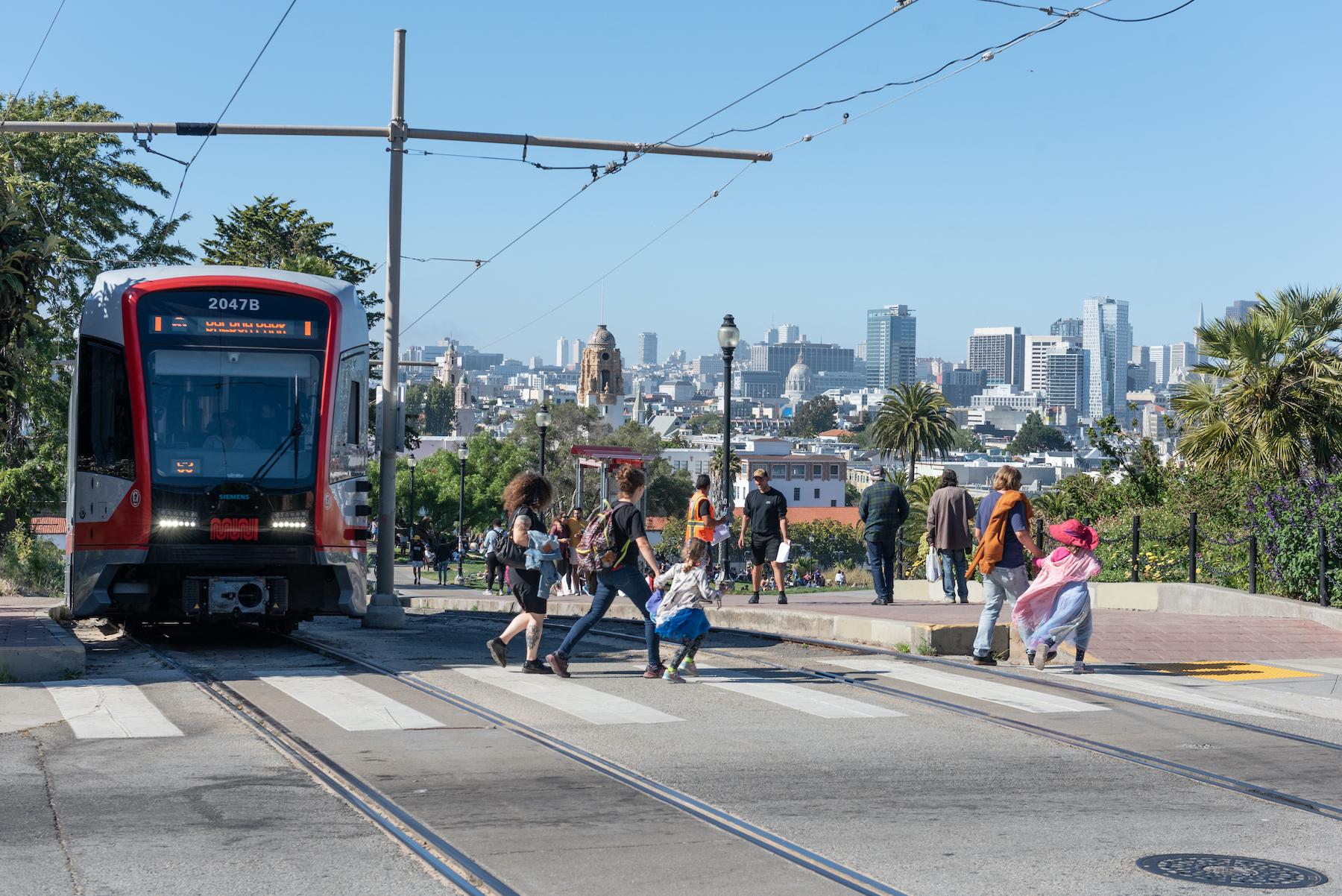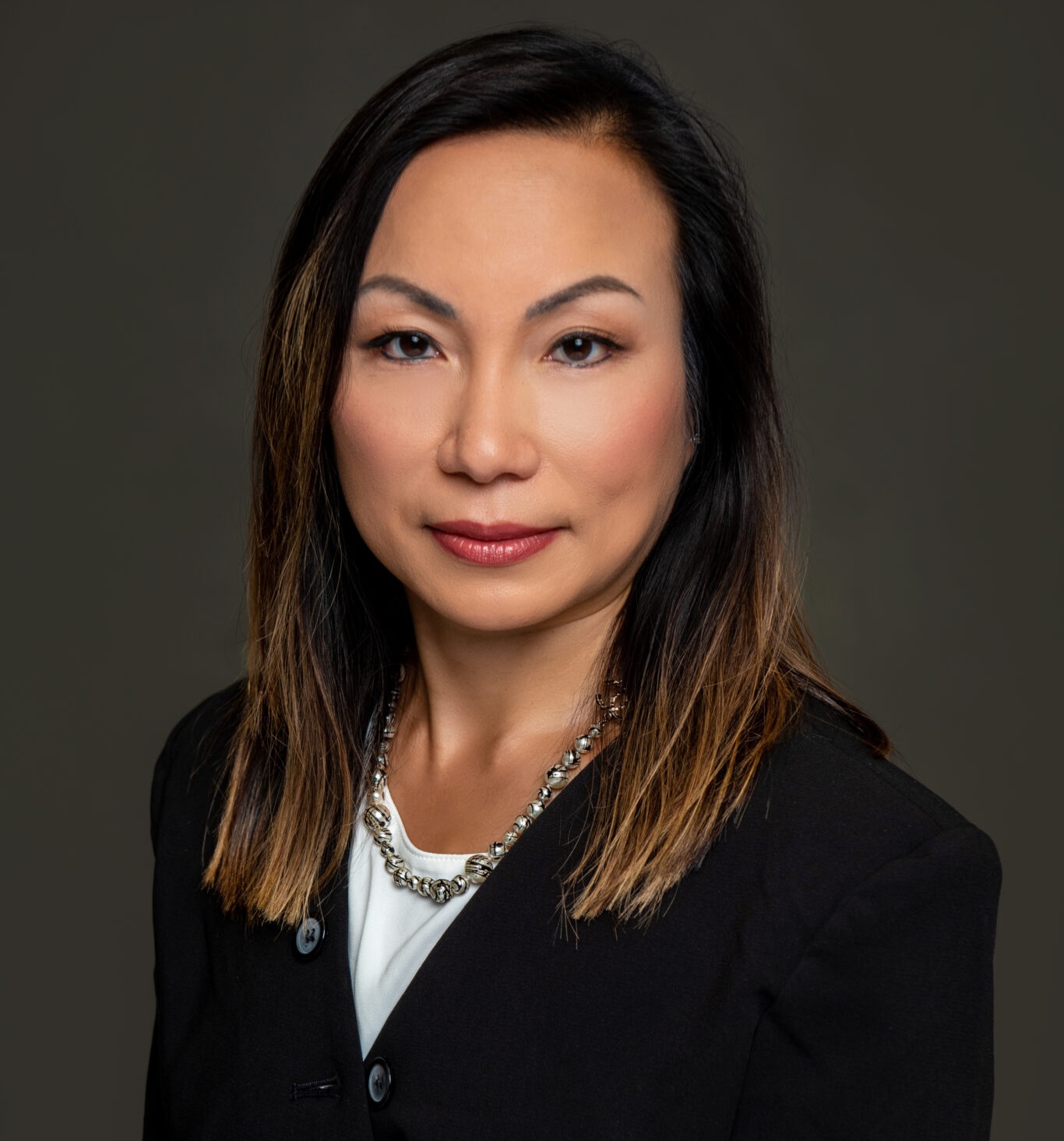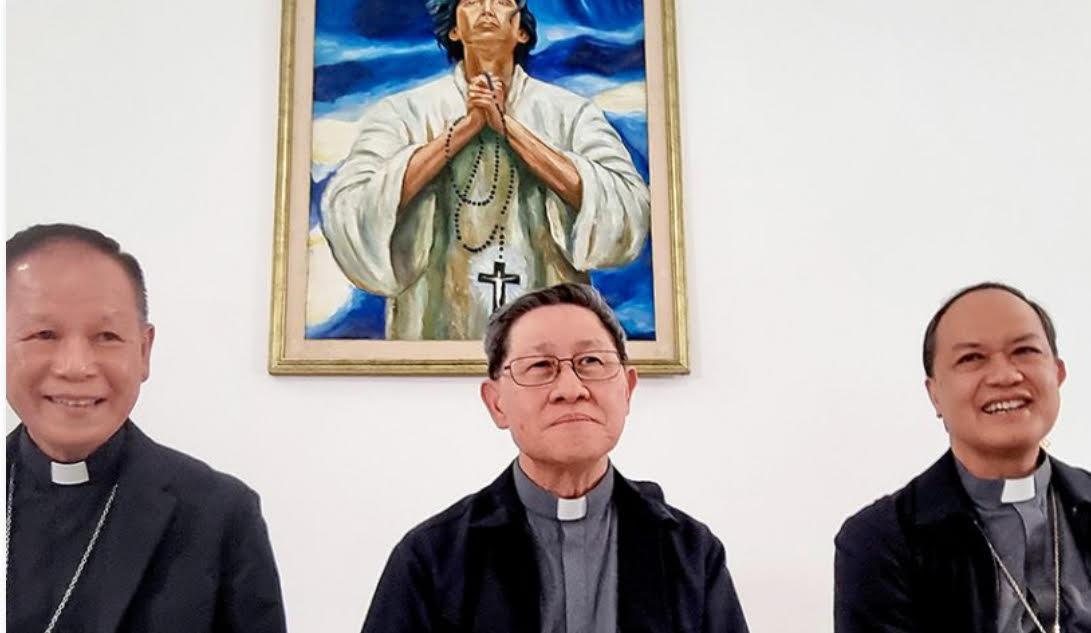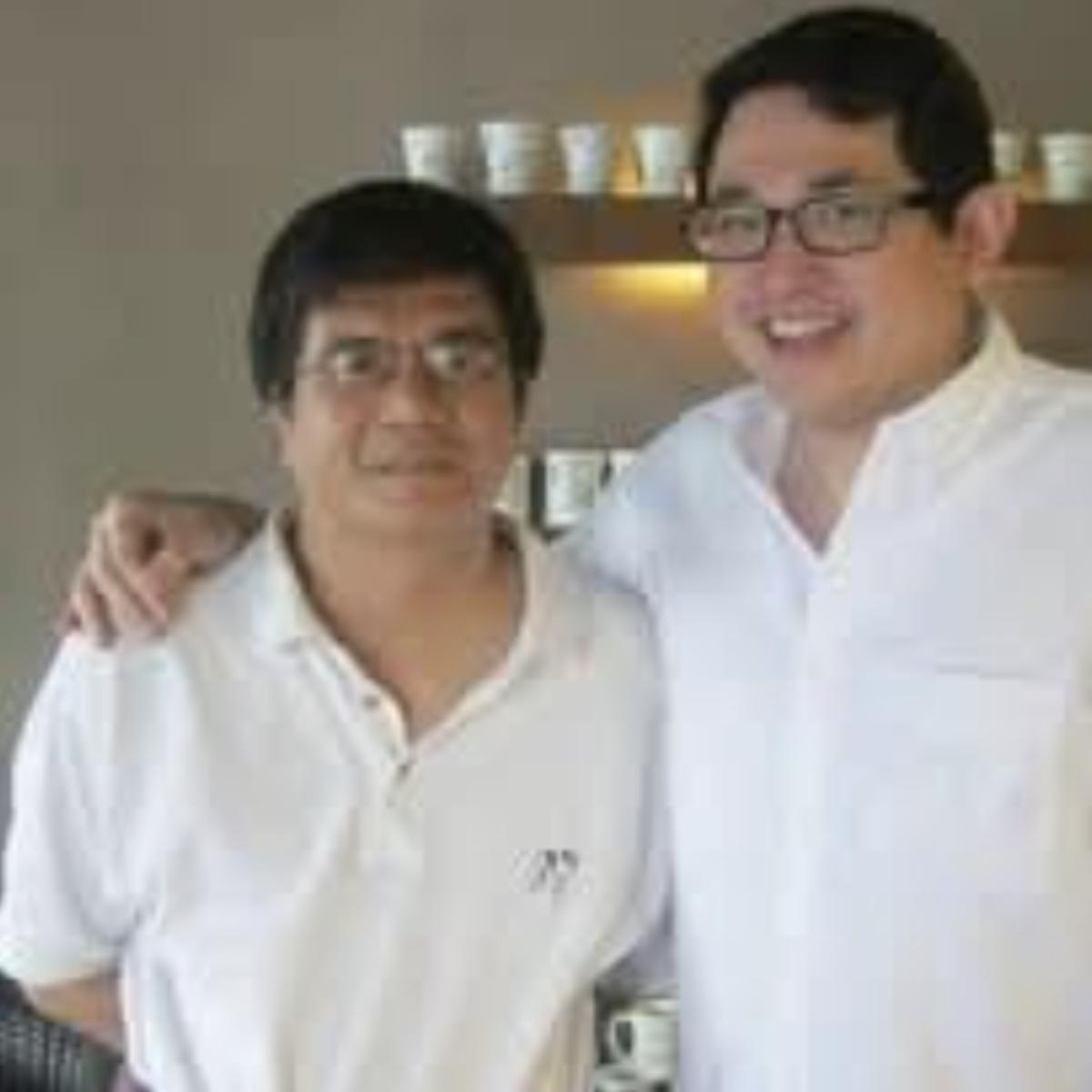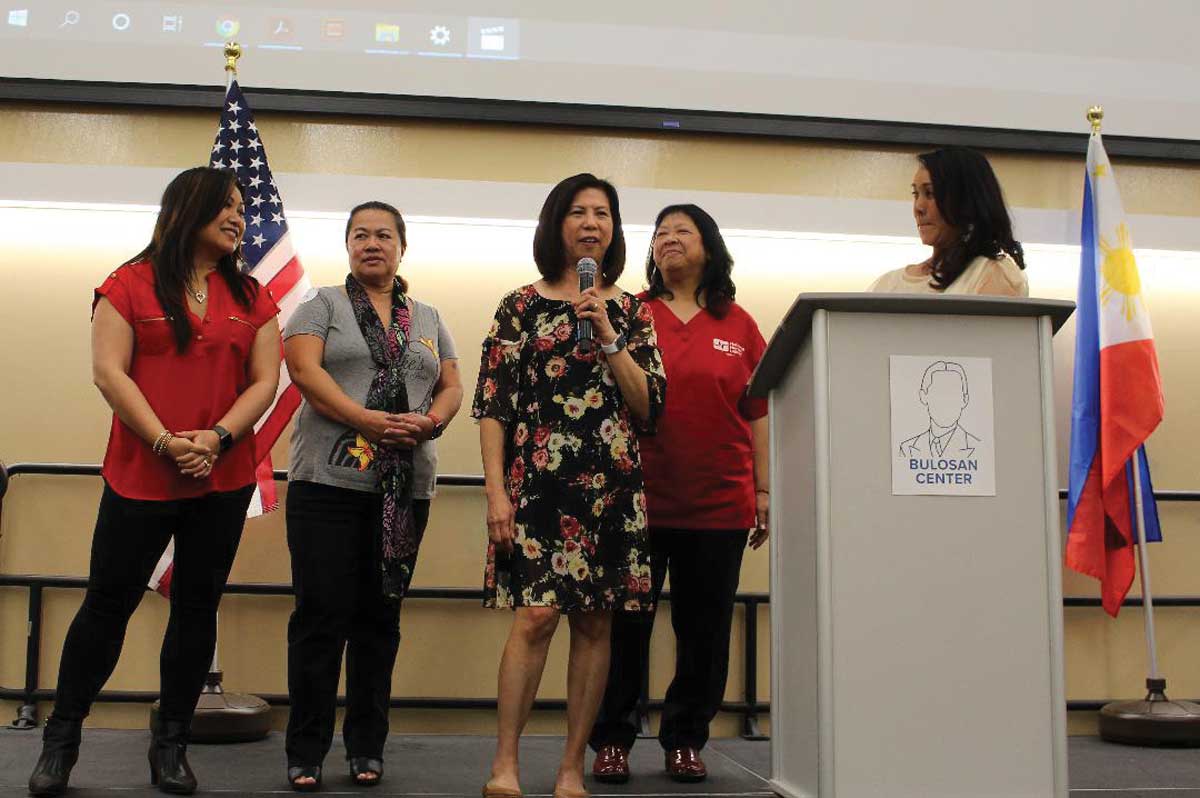
A short film highlighting Filipino nurses and their contributions to the labor movement was screened over the weekend to celebrate the launch of the Bulosan Center for Filipino Studies at UC Davis in Sacramento, California.
Co-hosted by the California Nurses Association/National Nurses United (CNA/NNU) on Saturday, Feb. 22, “The Strength of Many” by Emmy-winning director Marissa Aroy chronicles the Filipino nurse experience as seen through the eyes of nurse labor activists.
The screening was held at UC Davis’ Betty Irene Moore School of Nursing and featured remarks from Aroy; Robyn Rodriguez, chair of the university’s Asian American Studies and director of the Bulosan Center; Zenei Cortez, president of California Nurses Association/National Nurses Organizing Committee/National Nurses United; and Bonnie Castillo, executive director of NNU and CNA/NNOC.
Aroy previously produced and directed “The Delano Manongs” about Filipino farm labor activist Larry Itliong and other Filipino activists who took part in the Delano Grape Strike of 1965.
Introducing the 13-minute film was Cortez — a registered nurse for over 40 years advocating for workplace democracy and patient advocacy — who said that the Bulosan Center was a fitting place to screen it given that 20% of California’s registered nurse workforce is of Filipino descent.
It is named after Carlos Bulosan, a poet, writer, and labor activist known for his book, “American Is in the Heart.”
“Carlos Bulosan was a labor leader who met a lot of opposition and discrimination during his lifetime, much like the stories of nurses who were interviewed in the film,” Cortez told the Asian Journal.
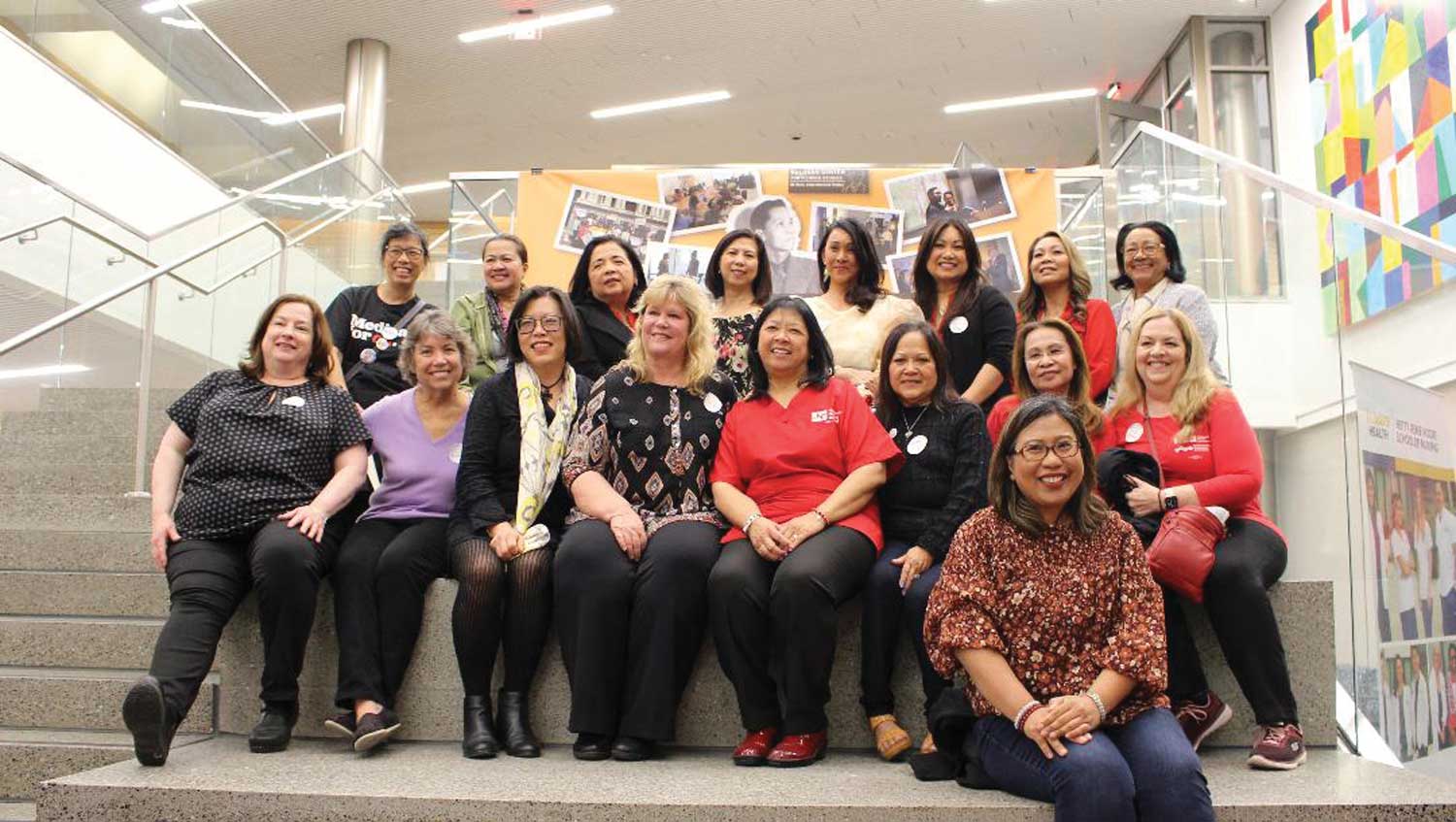
Cortez is the first Filipina president of CNA, which has 100,000 members, and is the only Filipina president of a national labor union in the United States.
She added, “As our stories are told, I am hoping that we, too, can inspire the younger generation, so that they strive to always do better, continue to make a name for the Filipino Americans, and keep the ‘bayanihan’ spirit alive.”
The Bulosan Center for Filipino Studies, which received $1 million in California state funding last fall, was launched in October 2018 with the goal of continuing Bulosan’s legacy through education, advancing research, and promoting advocacy for both contemporary and historical issues faced by Filipinos both in the U.S. and abroad.
With the funding, the center plans to hire staff, support graduate students, launch a major national survey on Filipino American health and well-being, continue research on Filipino migrant workers, expand the digital archive and oral history projects, and start an annual national conference on Filipino studies.
Among the center’s programs is the Welga! Filipino American Digital Archive, an online archive that serves as the center’s informational repository, and is free for researchers. The archive was established in 2014 and currently has collections primarily on Filipino American labor history, but will expand to include research material on other aspects of the Fil-Am experience such as immigration, culture, neighborhoods and historic buildings, the workforce, and veterans.
Other planned projects mentioned at the center’s opening last year included an oral history project called “Preserving California’s Historic Filipino American Sites,” which will conduct interviews to record and preserve the movements, successes, and experiences of those who have worked to preserve and promote their Fil-Am communities.
UC Davis has about 1,800 Fil-Am students. (AJPress)


